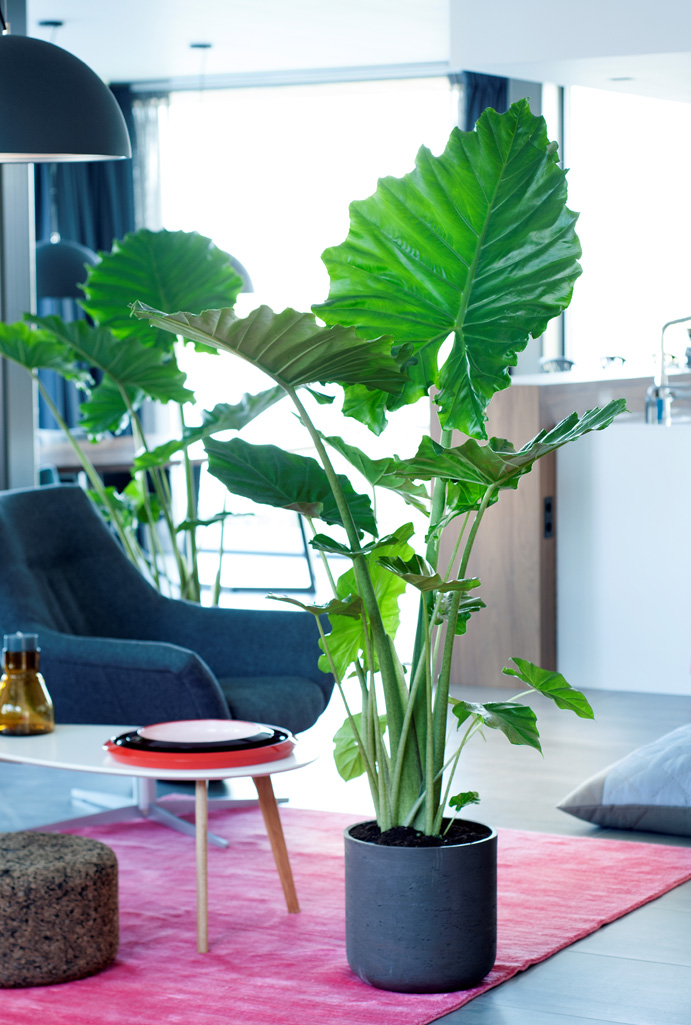Welcome to plants@work
- Industry Representation
- Great Business Opportunities
- Fantastic Training Programme
- Networking
News
-
Tivoli to deliver grounds maintenance services for Yorkshire Housing Tuesday, 26 March 2024
-
Nominate Your Outstanding Team Members for Recognition! Monday, 18 March 2024
-
Festive’s New Showroom in Enfield Opens on February 19th! Friday, 16 February 2024
-
Green Wall Day February 15th, 2024 Tuesday, 13 February 2024
plants@work
How plants aid creativity
Along with improved concentration and better productivity, being in touch with nature also feeds our creative juices. Early research carried out by Dr Roger Ulrich found that plants stimulate the way we think and our creativity by as much as 45%. Perhaps this is even more important in an age when technology distracts us constantly.

Image courtesy of The Joy of Plants
Whilst many of us embrace technology, some scientists believe 'our brains were not made for this kind of information bombardment'. Consequently it can lead to mental fatigue and even 'burnout'. What our brains need is 'attention restoration' to take them back to a normal healthy state.
The perfect way to do this is being in contact with nature as it appears to restore depleted attention circuits, which allows us to be more open to creativity and problem-solving. So believes David Strayer, one of the professors who completed a study in 2012 at the National Health Institute in the US, “When you use your cell phone to talk, text, shoot photos, or whatever else you can do with your cell phone, you’re tapping the prefrontal cortex and causing reductions in cognitive resources,” he says.
William Blake: "To the Eyes of the Man of imagination, Nature is imagination itself."
In the study, hikers on a four day backpacking trip could solve significantly more puzzles (47%) requiring creativity when compared to a control group of people waiting to take the same hike, confirming that nature can play an important role in this activity as found in previous studies.












